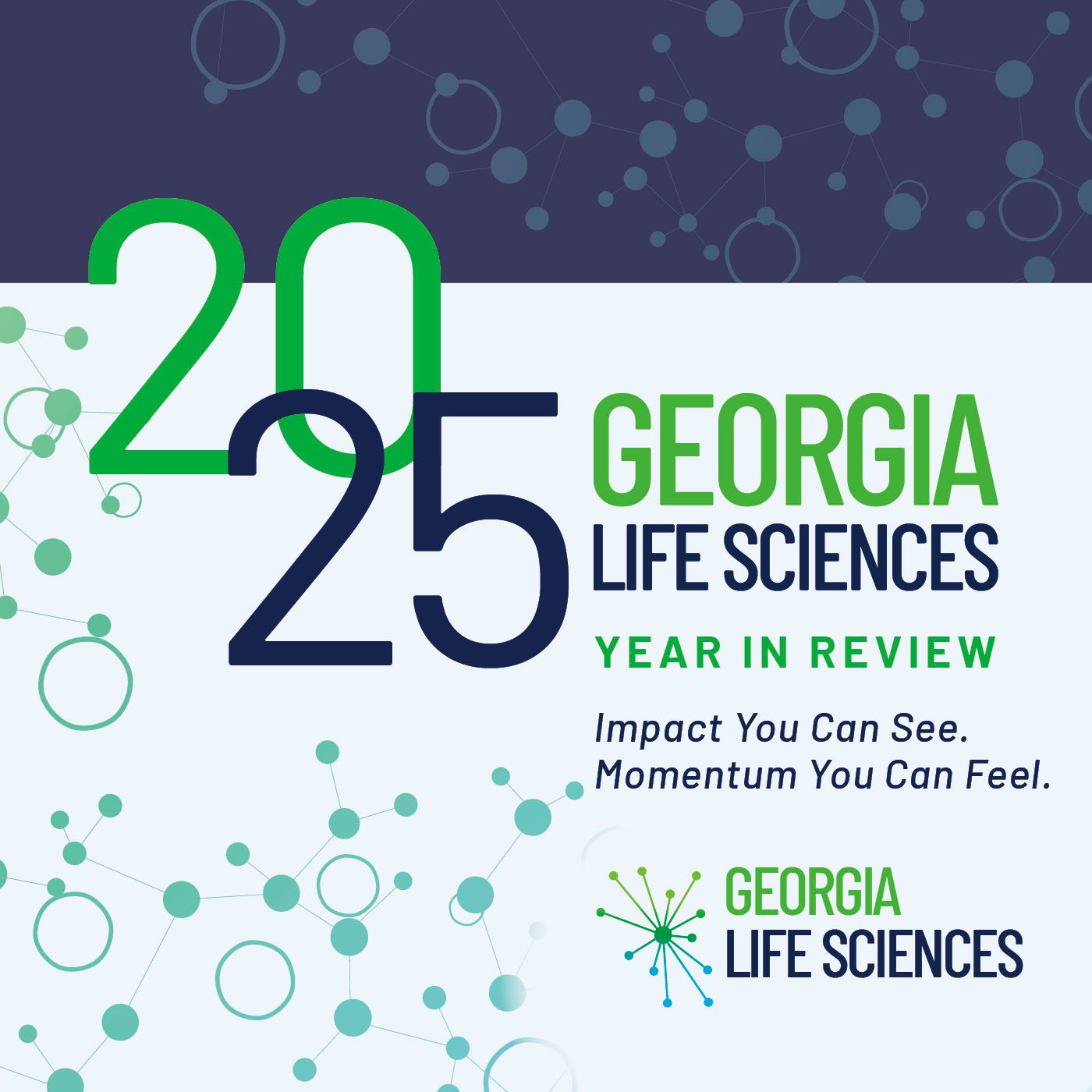Georgia Bio to Showcase State’s Leadership and Patients’ Perspectives in Bioscience Innovation at 2019 Innovation Summit
Atlanta, Georgia (September 26, 2019) – The Georgia Bio Innovation Summit is the southeast’s largest life science conference, showcasing Georgia’s leadership in innovation to improve the health and well-being of people, animals and the environment. This year’s Summit will bring together hundreds of CEOs, senior executives, scientists and public policy officials from Georgia and across the nation on October 8 at the Cobb Galleria in Atlanta.
How important is the life sciences industry to the state of Georgia? From 2007 to 2017, employment in life sciences grew by 14.9%, compared to 7.7% nationally, and 8.7% growth in private employment across all industries in the state.” An RTI report for Georgia Bio published earlier this year identified 1,960 unique life science establishments that contributed 68,300 jobs and $10 billion to Georgia’s Gross Domestic Product. Accounting for multiplier effects, the industry supports a total of approximately 194,000 jobs and contributes $21.8 billion to Georgia’s GDP.
The 2019 Breakfast Keynote is entitled ”Connecting Healthcare” from Dr. Jean-Christophe Tellier, UCB Global CEO. The Luncheon Keynote Address “Personalized Health in a Chaotic Environment” will be delivered by Marc Boutin, CEO of the National Health Council.
“In order to innovate, first and foremost, we must connect the patient to the science,” Tellier told the Harvard Club of Belgium. “We are moving from treating the group of patients on one criteria [towards] a better understanding of patient subpopulations and trying to define much more precise solutions that better match their needs based on biologic signatures.”
Georgia Bio is putting special emphasis on the patient’s perspective into this year’s event. What does patient-centricity really mean in an industry that comprises 20 percent of the U.S. economy? We will hear from four local members of the International Children’s Advisory Network; young advocates for the importance of the patient’s voice in pediatric care. High school senior Ayana Ganesh, sophomore Ava Meisner, eighth grader Kalee Polk, junior Maci Yeager and moderator Leanne West who will share their first person accounts of what patient centricity and the importance of the patient voice means in pediatric care.
View the full program agenda here.
Did you know, according to AdvaMed, Fortune 500 companies with more than three women on the Board have 66% higher return on invested capital and a 42% higher return on sales?
Given those statistics, to ensure we hear directly from the voice of the patient, and to build awareness among aspiring young women for what is attainable in our industry, we have intentionally stacked our presenting faculty with women leading the state’s life science sector. Read more about the industry leading women in Georgia’s life sciences presenting.
“We are entirely confident the 2019 edition of the Georgia Bio Innovation Summit will be of high value for any and all with an interest in Georgia’s life science community and driving better treatments and care to patients in Georgia and around the globe,” says Georgia Bio President and CEO Maria Thacker-Goethe.
Register here.
About Georgia Bio
Georgia Bio is the state’s trade association committed to driving growth in Georgia’s biosciences industry and its many sectors, including agri-biotech, food and nutrition, bio-based technologies and renewable chemicals, industrial and environmental biotech, medical devices and technologies, pharmaceuticals and consumer healthcare, diagnostics and research products, testing and research services, and clinical research. Georgia Bio members include bioscience companies, academic and research institutions, bioscience service providers, digital health companies, and related organizations. For more information, visit www.gabio.org or follow us on Twitter @Georgia_Bio.
Editor’s Note: Registration is complimentary for credentialed members of the news media. To request media registration, please contact Kristina Forbes at kforbes@gabio.org | 404-920-2043.
Media Contact:
Kristina Forbes
404-920-2043
kforbes@gabio.org




